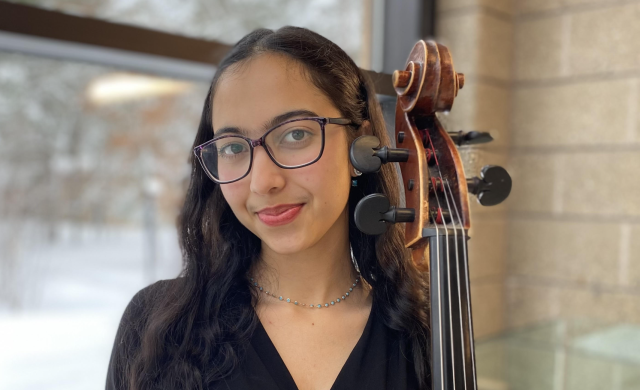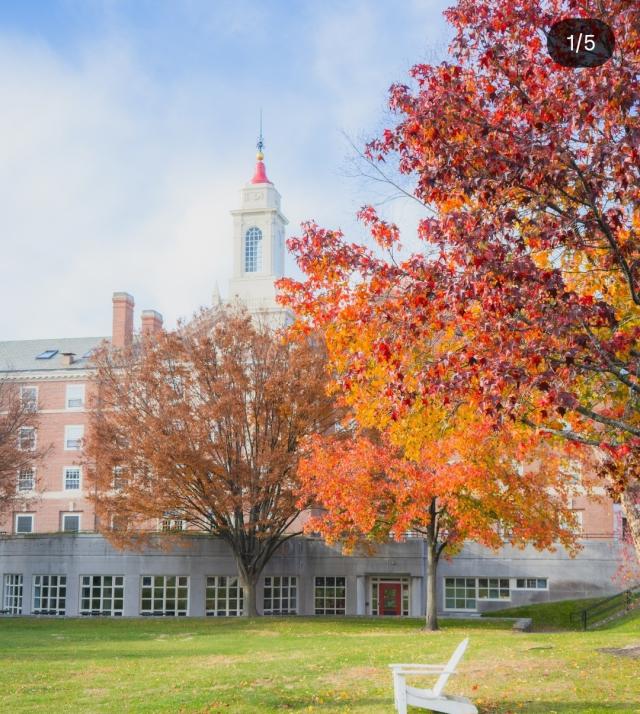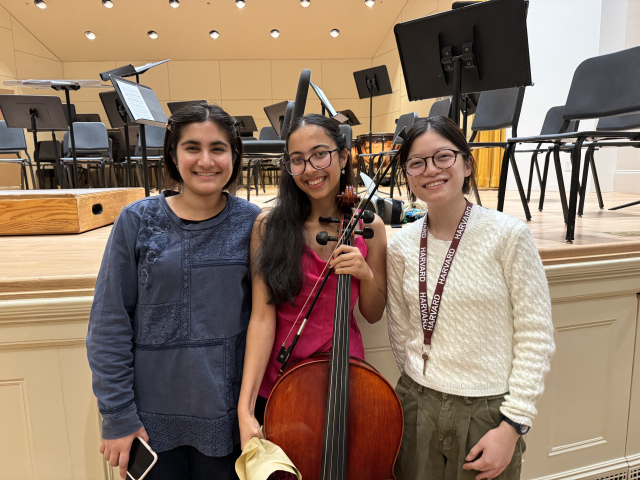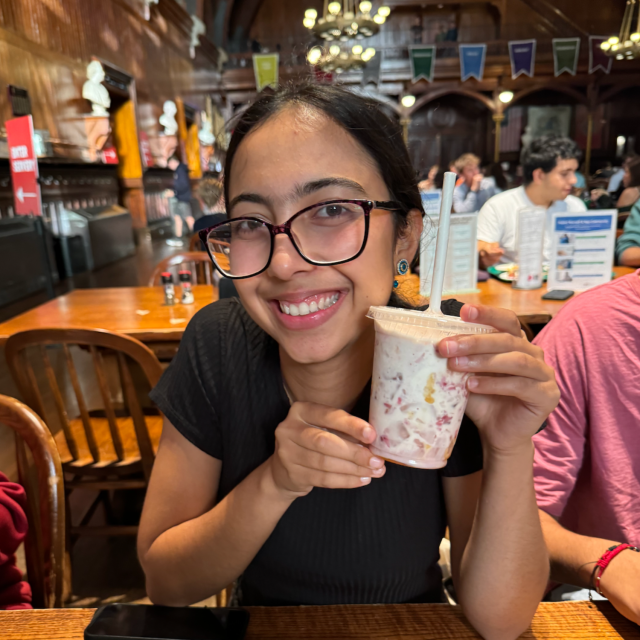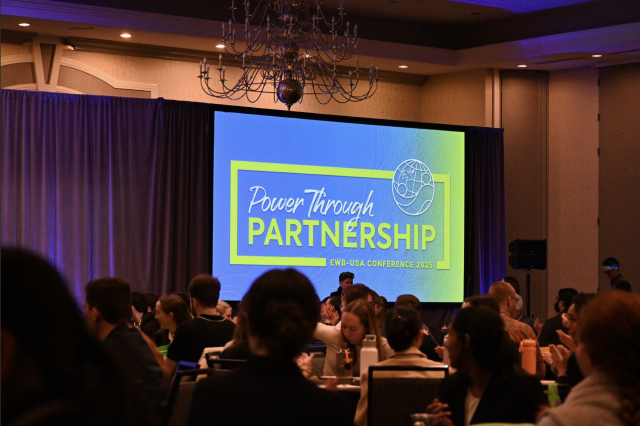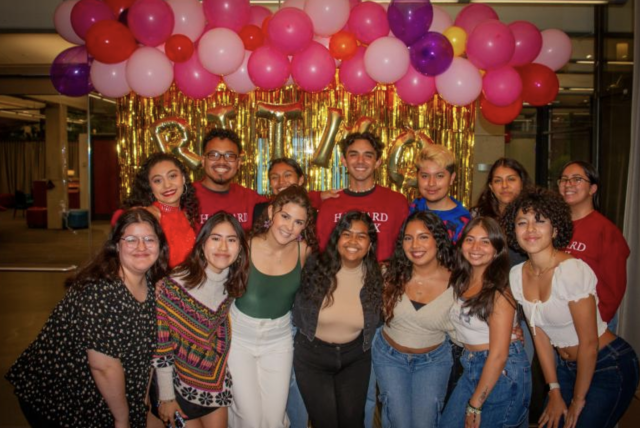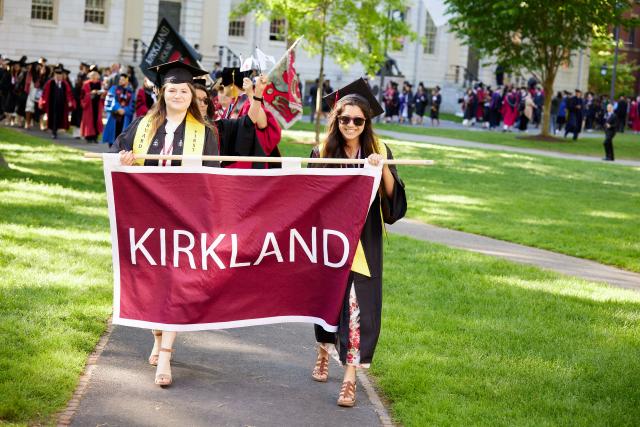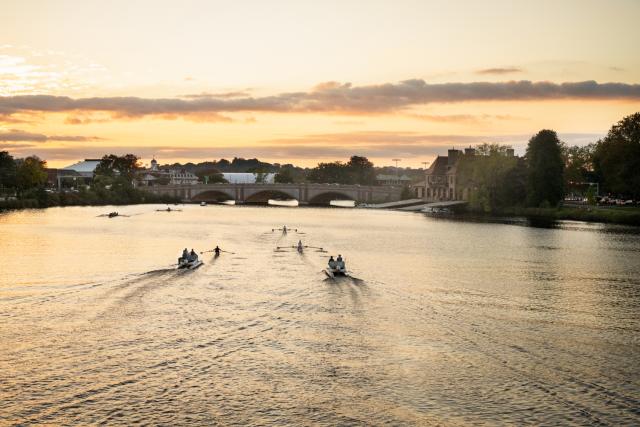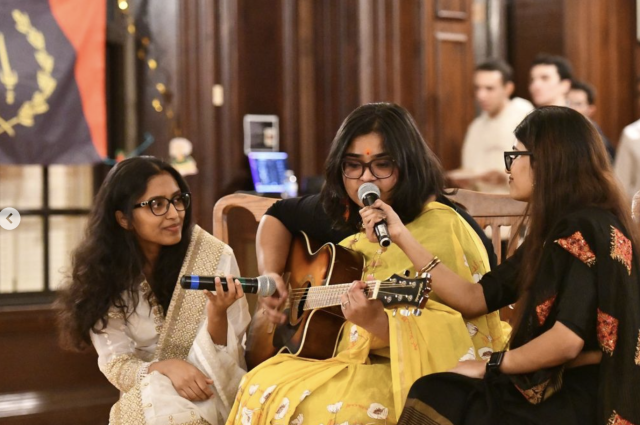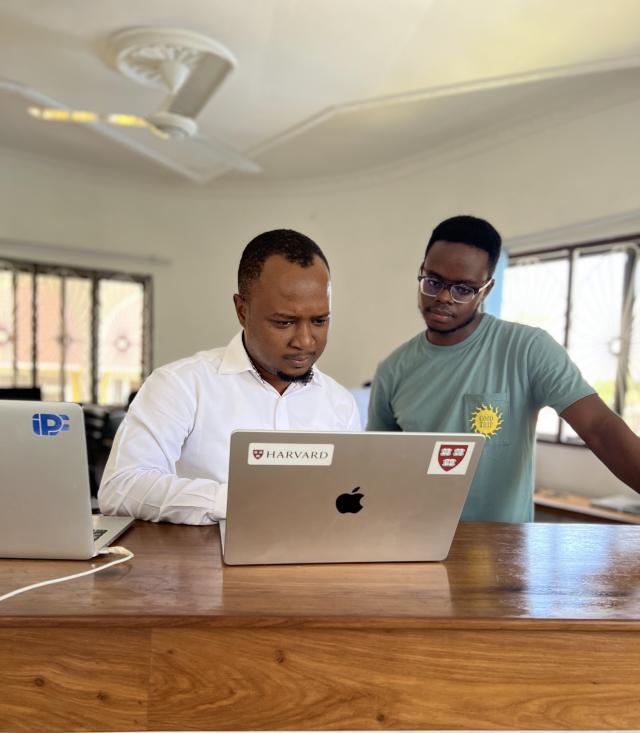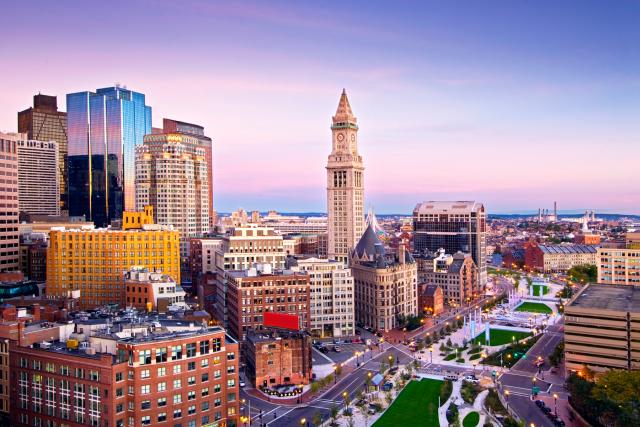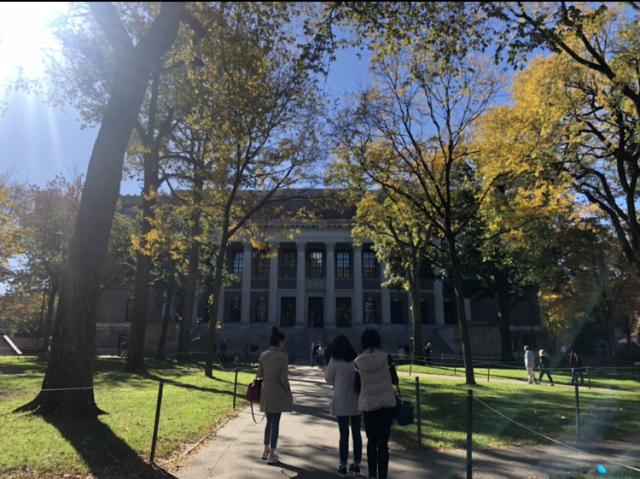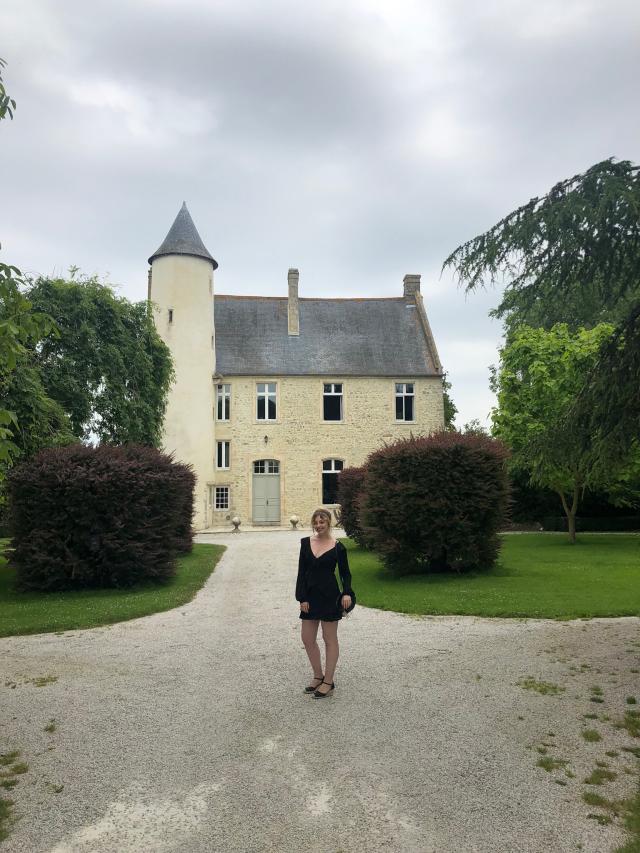Coming to Harvard, I was beyond excited for the opportunity to receive a world-class education — something I had worked hard toward. But deep down, I carried a quiet worry: how much space would there be for music?
Music has been at the heart of my journey, just as important to me as academics. I couldn’t imagine my college experience without it, and I wasn’t sure how easily I’d find my place.
That’s partly what inspired this blog series — Performance Spaces at Harvard is my way of documenting the places that have shaped my musical journey here, starting with Sanders Theatre. Whether you’re a prospective student, a fellow musician, or simply curious, I hope these reflections give you a glimpse into what it’s like to make music at Harvard.
Before arriving, I had done some research online. I knew Harvard had music groups, but I didn’t know much about performance spaces or how the music scene worked on campus. In the weeks leading up to my arrival, that uncertainty crept into my dreams. Night after night, I imagined not being able to continue music the way I hoped.
But all of that changed the moment I set foot on campus.
I quickly realized that Harvard is overflowing with opportunities to pursue your passions — music included. With over 500 student organizations, there’s space for almost every interest, and music plays a big role in student life here.
Within my first week, I reached out to Maestro Federico Cortese, the conductor of the Harvard-Radcliffe Orchestra (HRO), asking how I could get involved. To my surprise, and relief, he responded within hours, encouraging me to sign up for an audition.
Just a few days later, I found myself auditioning for HRO, one of the most recognized and historic orchestras at Harvard. I was thrilled to be accepted and immediately began rehearsals.
HRO rehearses three times a week in Sanders Theatre, an iconic performance space at Harvard that quickly became one of my favorite places on campus.
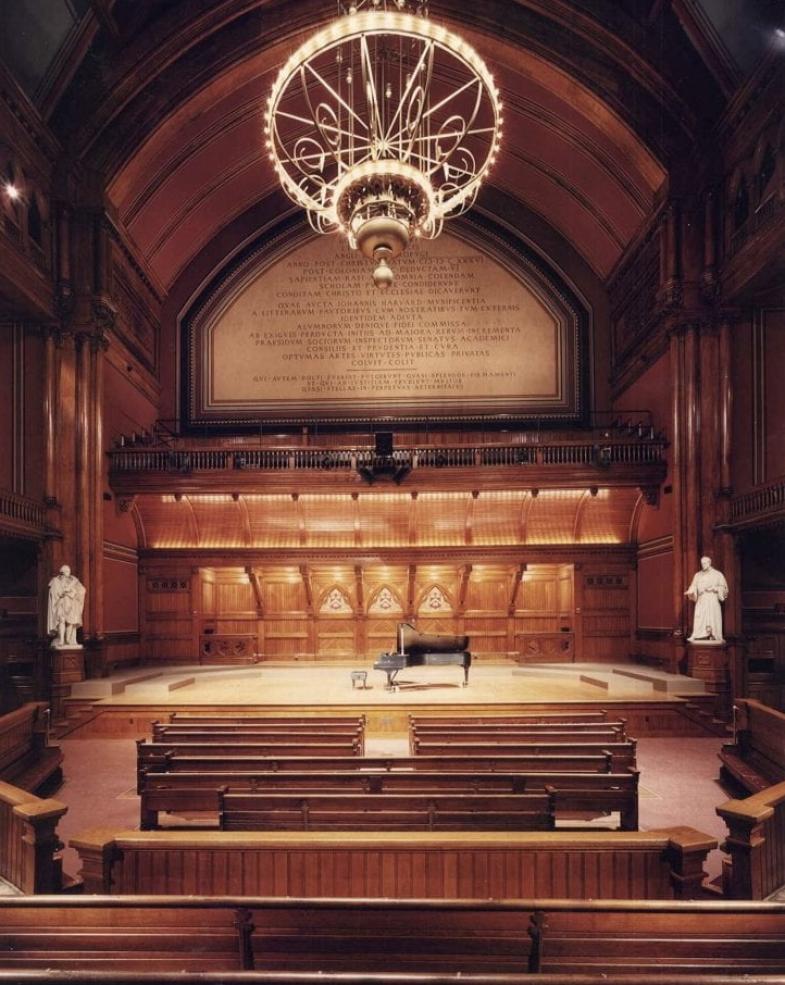
Sanders Theatre is located within Memorial Hall, one of Harvard’s most striking and historic buildings. Built in 1875, its design was inspired by Christopher Wren’s Sheldonian Theatre in Oxford. During the day, Sanders serves as a lecture hall, home to some of Harvard’s largest and most famous classes, like Computer Science 50 (CS50) and Justice, taught by Professor Michael Sandel. But by night, it transforms into a breathtaking performance venue.
I still remember walking onto the Sanders stage for my first performance., I was mesmerized by the architecture — the soaring wooden ceilings, intricate details, and warm acoustics. It felt surreal to perform in a space so steeped in history and beauty.
Sanders Theatre regularly hosts performances by the Harvard-Radcliffe Orchestra, the Harvard Glee Club, student ensembles, and distinguished guest speakers. The space draws audiences from across Harvard and beyond.,
But for me, performing at Sanders is special not only because of the music but also because of the community. One of my favorite parts of HRO has been joining my Sib Family — a small group of new and returning orchestra members designed to help first-years settle into HRO life. With your Sib Fam, you hang out outside of rehearsals, share meals, explore campus, and build friendships that go beyond music.
My Sib Fam was amazing. We met often throughout the semester, grabbing ice cream in Harvard Square, trying out different upperclassmen dining halls, and discovering cozy spots around Cambridge. One of my favorite memories was when Maestro Federico joined us for a Sib Fam gathering. Talking to him outside of rehearsals, I realized how approachable professors and mentors at Harvard can be — they’re not just people you see on stage or in the classroom; they’re part of the community.
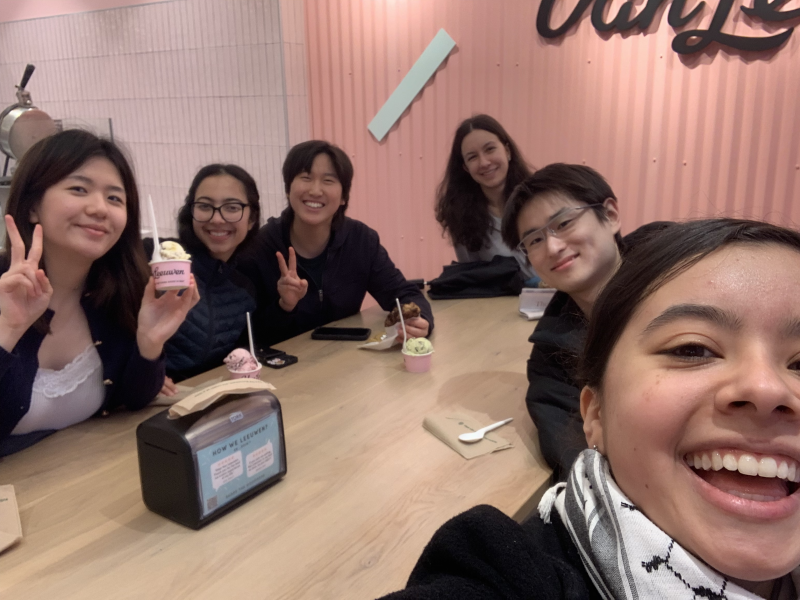
My experience with HRO has allowed me to continue pursuing music at a high level while studying at one of the world’s most rigorous universities. It also connected me with incredible people — students as passionate and determined as I am to follow their dreams.,
If you ever find yourself at Harvard, never hesitate to reach out to someone. Sometimes, all it takes is one email to open the door to unforgettable opportunities.
Stay tuned for the second part, where I will talk about Paine Hall, another performance space!


